Understanding your skin type is the first step in crafting a skincare routine that meets your specific needs. The right skincare regimen not only enhances your natural beauty but also addresses unique challenges, helping to maintain healthy, radiant skin. In this comprehensive guide, we'll explore the various skin types, how to identify them, and how to care for each one with a tailored skincare routine.

Identifying Your Skin Type
The key to effective skincare lies in recognizing which of the five basic skin types you have: normal, oily, dry, combination, or sensitive. Each type has distinct characteristics and requires different care strategies.
1. Normal Skin
Normal skin is often considered the ideal skin type due to its balanced nature. It is characterized by minimal blemishes, a smooth texture, and an absence of severe sensitivities, making it less prone to acne and irritation. Pores on normal skin are typically small and not very noticeable, contributing to an overall even and refined appearance.
The natural moisture balance of normal skin is well-regulated, which means that it does not typically experience excessive oiliness or dry patches. This balance helps in maintaining a clear and radiant complexion that many find desirable. The skin’s sebum production is adequately moderated, providing enough oil to keep the skin hydrated without becoming greasy.
2. Oily Skin
Oily skin is marked by a glossy shine and enlarged pores, which are more conspicuous compared to other skin types. This increased visibility of pores is due to overactive sebaceous glands, which produce a higher amount of sebum. The excessive oiliness not only contributes to a shiny appearance but also leads to common skin concerns like acne and frequent breakouts. These blemishes occur because the excess oil can clog pores, trapping dirt, debris, and bacteria.
The texture of oily skin can also feel thicker and coarser due to the larger oil glands and greater lipid production. This can sometimes give the skin a rougher appearance, although it may also provide some natural moisture protection, which can be beneficial. On the flip side, this skin type is less prone to wrinkling and other signs of aging early on due to the presence of extra moisture and an abundance of natural emollients.

Despite these challenges, there are effective ways to manage oily skin. Using products designed to control oil production, such as cleansers with salicylic acid or benzoyl peroxide, can help minimize shininess and clear clogged pores. Light, water-based moisturizers are preferable over heavy, oil-based ones to prevent exacerbating oiliness.
3. Dry Skin
Dry skin can often feel uncomfortably tight and rough to the touch, often appearing dull and lacking the radiant glow associated with healthy skin. This skin type is particularly susceptible to flaking, which can give it a textured, uneven appearance. Additionally, individuals with dry skin may notice red patches and increased sensitivity, which can be exacerbated by factors such as harsh weather conditions or the use of unsuitable skincare products.

The reduced elasticity associated with dry skin means it does not bounce back as readily as more hydrated skin types. This lack of suppleness can make the skin feel stiff and can contribute to the development of fine lines and wrinkles. These signs of aging tend to be more pronounced in dry skin due to the decreased moisture content, which is crucial for maintaining skin's plumpness and youthful appearance.
4. Combination Skin
Combination skin is a unique and common skin type characterized by having areas with differing skin conditions on the face. Typically, the T-zone, which includes the forehead, nose, and chin, exhibits oiliness with visible pores and a shiny appearance. In contrast, the cheeks and other areas of the face may present as normal or dry, potentially feeling tight and showing flakiness or dullness. This variance across the face makes combination skin one of the most complex skin types to manage effectively.
The challenge in caring for combination skin lies in the need to address these multiple, often conflicting needs without exacerbating any one area. For example, products that are heavy or oil-based can be beneficial for dry areas but might increase oiliness or lead to breakouts in the T-zone. Conversely, strong acne treatments or oil-control products suitable for the oily regions can strip moisture from the cheeks, leading to irritation and increased dryness.
5. Sensitive Skin
Sensitive skin is a delicate and often reactive skin type that can be easily irritated by various factors, including certain ingredients in skincare products and environmental conditions. This skin type is characterized by heightened reactivity and reduced tolerance to specific stimuli. It frequently exhibits symptoms such as redness, itching, burning sensations, and dryness, which can be distressing and uncomfortable for those affected.

Individuals with sensitive skin may notice that their skin reacts adversely to skincare products that contain fragrances, alcohol, or harsh chemicals. These ingredients can disrupt the natural barrier of the skin, leading to irritation and inflammation. Furthermore, sensitive skin can also react to natural elements such as sunlight, wind, and extreme temperatures, both hot and cold. These environmental factors can strip the skin of its natural oils, leading to dryness and exacerbating the tendency towards redness and irritation.
In addition to the visible symptoms, sensitive skin may feel tight and uncomfortable, particularly after exposure to water or cleansing products. The dryness associated with this skin type can make it prone to flaking and peeling, further compromising the skin's barrier function and its ability to protect itself against irritants.
Differences in Skincare for Each Skin Type
Skincare for Normal Skin
Normal skin is the least problematic type, but it still benefits from a balanced diet and a simple skincare routine to maintain its condition. Use a gentle cleanser followed by a lightweight moisturizer. Sunscreen is essential for protecting against UV damage.
Skincare for Oily Skin
Managing oily skin involves controlling excess sebum while maintaining hydration. Use a foaming cleanser, an alcohol-free toner, and an oil-free moisturizer. Exfoliate with salicylic acid or benzoyl peroxide treatments to manage acne and keep pores clear. Always apply a non-comedogenic sunscreen during the day.
Skincare for Dry Skin
Dry skin requires a routine that focuses on hydration and moisture retention. Use a hydrating cleanser, and apply a rich moisturizer containing ingredients like hyaluronic acid or glycerin immediately after washing your face to lock in moisture. Products with antioxidants and emollient barriers can help protect against environmental damage.

Skincare for Combination Skin
Combination skin benefits from balancing the oily and dry areas. Use a gentle cleanser and a balancing toner. You might need to apply different moisturizers on different areas of your face—lighter formulas for oily areas and richer ones for dry patches. Exfoliate regularly but gently, and use a broad-spectrum sunscreen daily.
Skincare for Sensitive Skin
For sensitive skin, avoid irritants like alcohol, harsh exfoliants, or heavy fragrances. Use hypoallergenic and non-irritating cleansers and moisturizers to soothe and reduce inflammation. Always perform a patch test before trying new products. Opt for mineral sunscreen to avoid skin irritation.
Tailored Skincare Routines for Each Skin Type
Normal Skin
- Morning : Gentle cleanser, Moisturizer, Sunscreen
- Evening : Gentle cleanser, Hydrating serum, Night Cream
Oily Skin
- Morning : Salicylic acid cleanser, lightweight moisturizer, oil-free sunscreen
- Evening : Cleanser, toner, retinol serum, oil-free moisturizer
Dry Skin
-
Morning : Hydrating cleanser, antioxidant serum, moisturizing cream, sunscreen
-
Evening : Cream-based cleanser, hyaluronic acid serum, rich moisturize
Combination Skin
-
Morning : Gentle cleanser, toner, dual moisturizers (light and rich), sunscreen
-
Evening : Gentle cleanser, exfoliating (once a week), hydrating serum, dual moisturizers
Sensitive Skin
-
Morning : Hypoallergenic cleanser, soothing moisturizer, mineral sunscreen
-
Evening : Hypoallergenic cleanser, calming serum, night cream

By understanding and adapting to your specific skin type, you can optimize your skincare routine for better health and more radiant skin. Remember, skincare is a personal journey, and what works for one person may not work for another. Listen to your skin, adjust as necessary, and don't hesitate to consult a dermatologist for personalized advice.


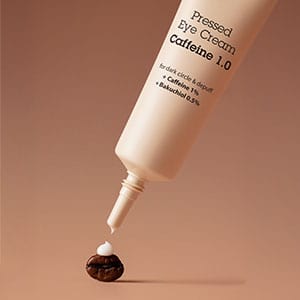
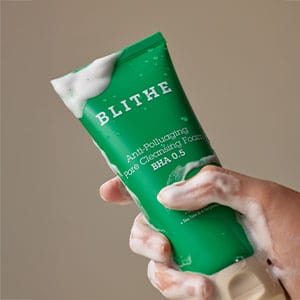


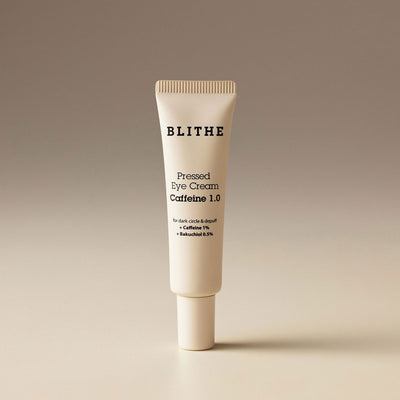
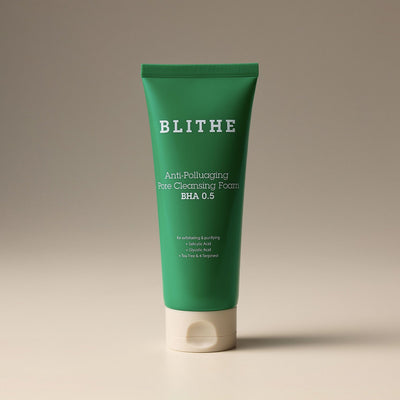
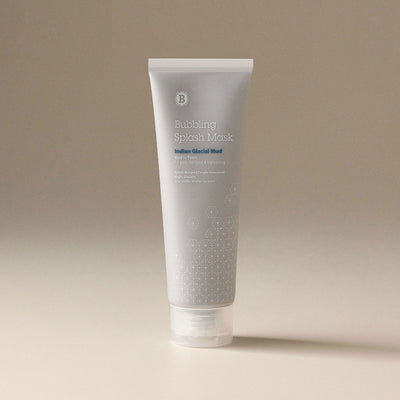
Leave a comment